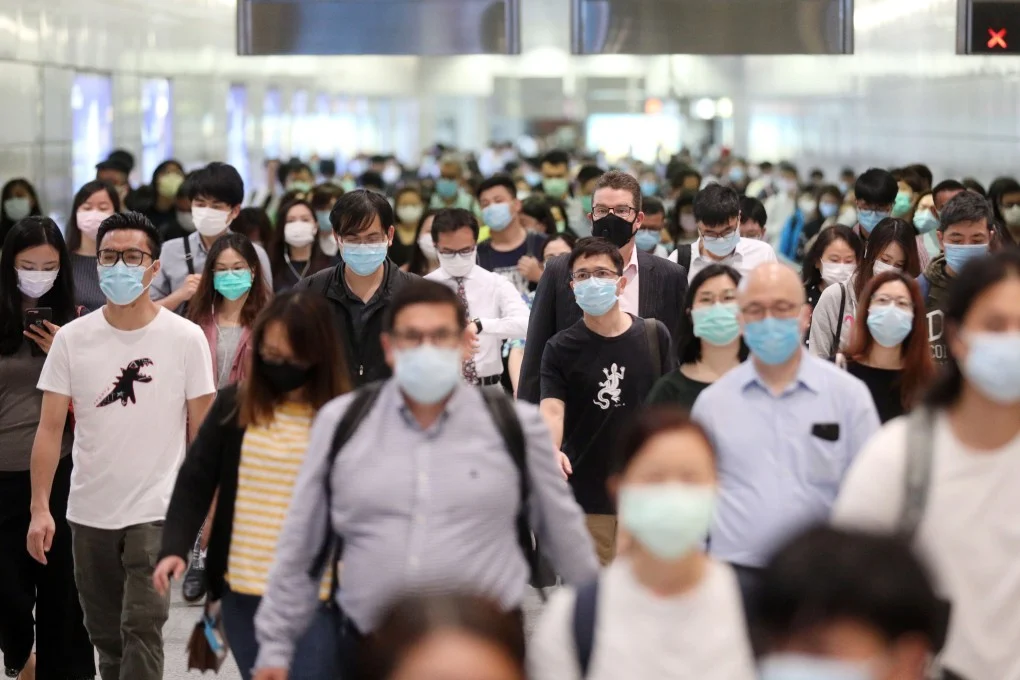As summer approaches and international travel begins to pick up, travellers are being advised to reconsider their plans to popular destinations like Singapore and Hong Kong, both of which are witnessing a significant rise in Covid-19 cases. Health experts in these densely populated cities are monitoring the situation closely as indicators point to a resurgence of the virus.
In Hong Kong, Covid-19 activity has increased notably over the past few weeks. The city’s Centre for Health Protection (CHP) has issued a public alert after detecting the highest rate of positive respiratory samples in a year. Data shows that 13.66% of respiratory samples tested positive in the week ending May 10—up from 6.21% four weeks prior. Additionally, 81 severe cases and 30 deaths have been recorded, mostly among elderly individuals with existing medical conditions.
Health officials have also pointed to rising viral loads in sewage and an uptick in clinic visits for Covid-like symptoms. Public figures haven’t been spared either; the infection of Hong Kong pop star Eason Chan, which forced the cancellation of his concerts in Taiwan, has reignited public attention and concern.
Singapore Experiences Significant Increase in Cases
Meanwhile, Singapore has experienced a 28% week-on-week increase in Covid-19 cases, with an estimated 14,200 new infections reported for the week ending May 3. Hospitalisations rose by 30% during the same period, although ICU admissions slightly decreased. The Ministry of Health attributes the increase to waning immunity in the population, rather than any significant change in the virus’s behaviour or severity.
Singapore’s health authorities have identified LF.7 and NB.1.8 as the dominant variants circulating locally. These are descendants of the JN.1 strain, which is targeted by newer vaccines. Despite the surge, the ministry clarified that there’s no sign these variants are more contagious or deadly than earlier ones. However, the government has renewed its call for booster vaccinations, especially for vulnerable groups like the elderly.
Experts in both cities believe the virus may now be following a seasonal pattern. Hong Kong’s data shows that Covid-19 has flared up in predictable waves: one lasting 15 weeks between April and July 2023, and another shorter surge early last year. Similarly, Singapore’s Ministry of Health has confirmed that cyclical outbreaks of Covid are now expected throughout the year, similar to other respiratory illnesses.
China Also Faces the Same Situation
This increase in infections is not isolated. China is also facing a fresh uptick, with test positivity rates in hospitals more than doubling in the five weeks leading up to May 4. The Chinese Centre for Disease Control has acknowledged that this latest trend may echo the previous summer’s wave in scale. In Thailand, two major outbreaks have already been documented in 2025, including one after the Songkran Festival in April, which typically draws large crowds and nationwide celebrations.
Although India has not reported a significant spike yet, there are signs of a mild increase. The number of Covid-positive samples rose to 41 in the week ending May 11, up from 28 the week before. However, overall respiratory infections across the country have been declining since the last peak in September 2024. Health experts say that India generally sees two annual peaks in respiratory illness: post-monsoon and during winter.
Given the current situation, authorities across Asia are urging both residents and tourists to remain cautious. Travelers are encouraged to:
-
Check local Covid-19 travel advisories
-
Carry and use face masks, especially in crowded spaces and on public transport
-
Keep vaccinations and booster shots up to date
-
Monitor symptoms and seek medical attention if necessary


